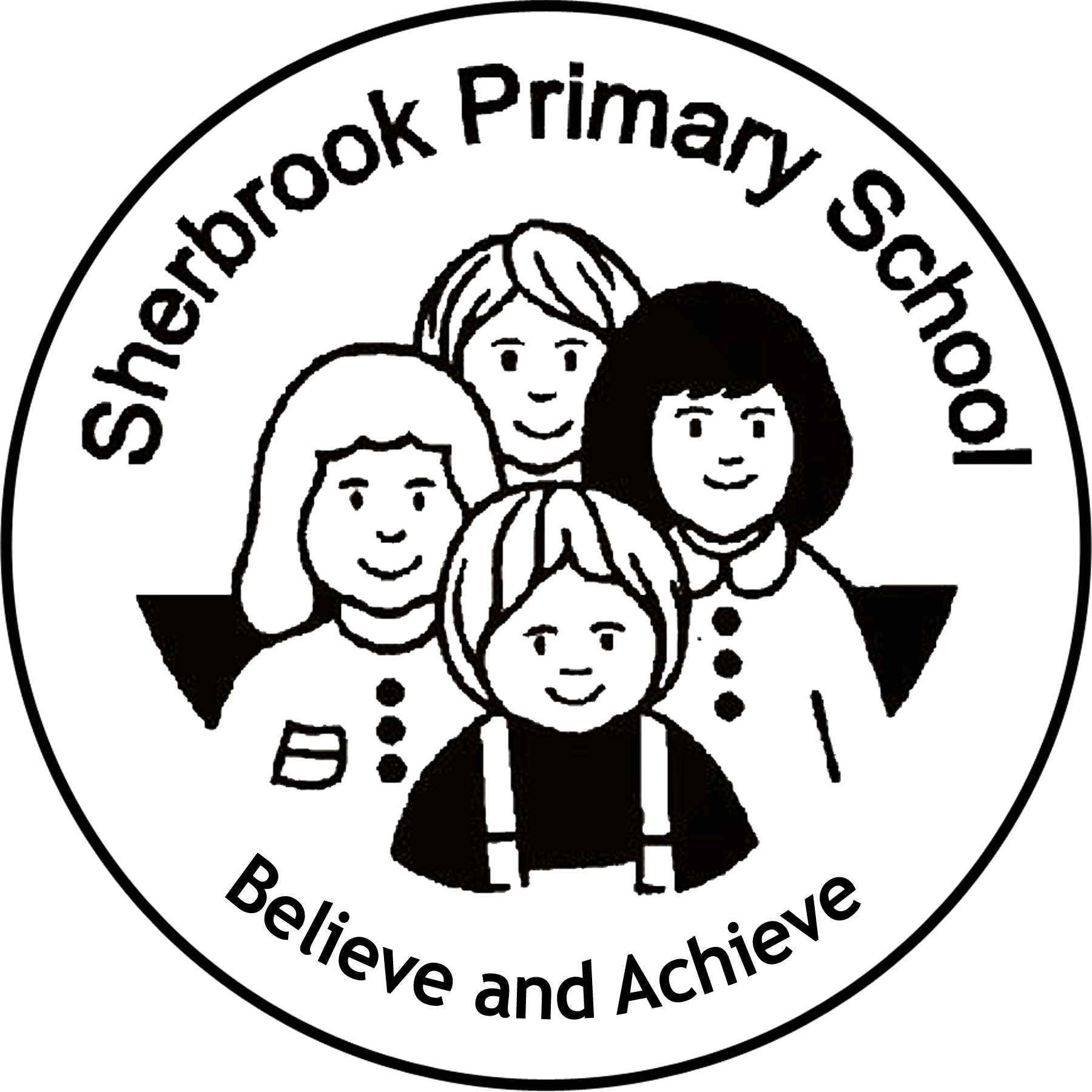
At the start of our journey we embarked on extensive training to raise awareness of the impact traumatic experiences has on the developing brain, and how this negatively affects the learning of our most vulnerable pupils. The culture of ‘he’s just being naughty’ to the understanding that all behaviour is a form of communication in response to a feeling, experience or stimulus, had already started to change. By creating a nurturing environment and empathising with pupils to help educate them about the emotions they experience, was significant in developing their capacity to manage their behaviours appropriately. This led to a reduction in incidents, and improved their educational outcomes.
An audit of the behaviour management systems used in classes revealed an inconsistency in the charts being used to successfully manage pupils’ behaviour. Engaging colleagues in an honest and open dialogue reinforced my concerns as Behaviour Lead. The ‘traffic light’ system (where negative behaviours were recognised and managed publicly not the positive behaviours) was only an effective behaviour management strategy for a small minority of our pupils and would escalate the behaviour of our most vulnerable individuals. Research continued, ‘When the Adult Changes Everything Changes’ inspired us further. We successfully trialling positive recognition boards in our classes, this drove the change forward. We supported colleagues to introduce the system until all classes were successfully implementing the change.
At Sherbrook, we are extremely proud of the ethos and culture we have achieved. A positive approach to the managing and de-escalating of behaviour is deeply rooted within our setting.
Since achieving the Staffordshire and Trauma Attachment award we have further developed our emotional literacy across the school. We have trained two members of staff to become ELSA leads and have had a purpose-built ELSA room to support children with a variety of needs. The mental health and wellbeing for the children at Sherbrook Primary school is paramount to us. We have invested in a variety of resources to support children who display attachment behaviours or who have been diagnosed with attachment disorder. We offer support to children who are experiencing bereavement and need additional support with behavioural and social relationship development.
Our ELSA room is designed to be nurturing and a safe space for children to discuss their needs and to build a programme of support so that children feel safe and happy. The ELSA leads work with class teams and parents to allow each child to thrive holistically at school and at home.
In addition to offering ELSA referrals we have undergone extensive training with Marnie Aston to support children with emotion coaching. We offer Parental workshops and outreach support to local schools.
Some training includes:
· Zones of Regulation
· Supporting Educational Psychologists sharing our attachment and trauma informed journey
· Attachment training – Clarke Brown and Geese theatre company
· ELSA (Emotional Literacy Support)
· Development of the Brain Dr Dawn Bradley
At Sherbrook, we support staff to recognise characteristics of attachment disorder and provide them with the knowledge and training to support our children.
Staff have the knowledge and skills to identify and positively manage pupils’ behaviour, and this is achieved by building positive working relationships where pupils feel safe and secure. This approach encourages pupils to talk about their emotions which helps to achieve a solution that changes the behaviour patterns. Continued professional development has led to increased confidence amongst staff and an ethos of respect and consideration for others has been embedded.
Since starting our ELSA journey, we have developed a referral system which allows class teams to refer and effectively signpost pupils to the most appropriate intervention.” The referral is designed so that the ELSA team can see what is the best route of support for the child. The referral includes what has been done so far and suggested outcomes from the class team.
Once the referral has been received a questionnaire and regular observations will be carried out before a session plan is devised. Each session is thoroughly planned with an outcome in mind, thorough evaluations of each session and post questionnaires are carried out to monitor the effectiveness and the impact of the sessions.
We continue to successfully support Staffordshire schools through:
· Outreach programmes provided by us through the Local inclusion Hub for mainstream schools.
· Ongoing attachment support to schools and nurseries.
After gaining extremely positive feedback from our Virtual Head for our Attachment Aware and Trauma Informed submission, we were approached by Marnie Aston (Imagine inclusion Educational Psychologist) to support her on her Targeted Emotion Coaching training. This partnership has been very successful and we have been asked to further support Marnie in the future.
Regular supervision sessions are attended by the ELSA leads providing us with an opportunity to network with a range of schools and share ideas and progression. A close working relationship with educational psychologists such as Dawn Bradley and the Summit network has provided invaluable knowledge and resources. Moving forward we are excited to announce that we are training a third member of staff to join the ELSA team and hope to provide more opportunities for ELSA support to more children in the future.
We are passionate about supporting and developing attachment and trauma awareness practice beyond our school, including supporting parents, the community and school on a regional and national scale.
Our vision is to impart how we have transformed the atmosphere at Sherbrook Primary School. The impact is that staff feel calmer and more regulated when managing our pupils. Upon becoming ARC , Alex Timpson finalists and winning our category we were delighted to be asked to join the learning hub to enable us to share our ethos and vision and a Specialist Education School.
Our first webinar on building positive relationships and the impact of relationships on the child and on the whole school was a success.
We are excited to continue this journey and to support the wider community and other schools to network and share our ethos and vision.